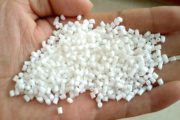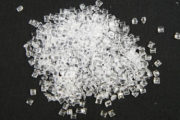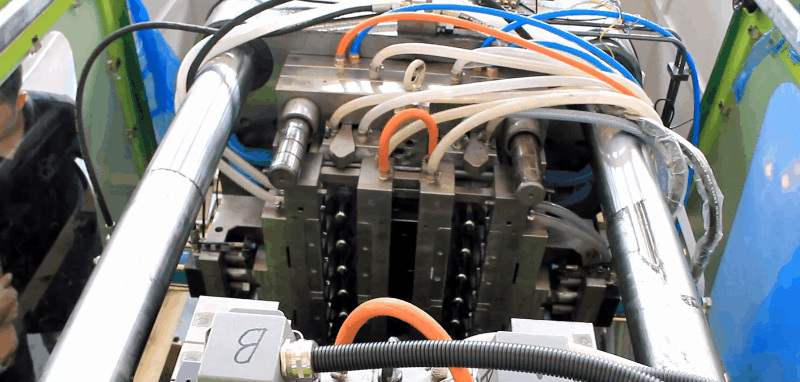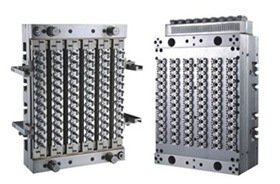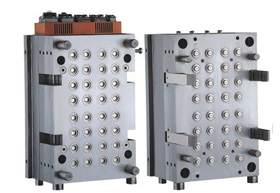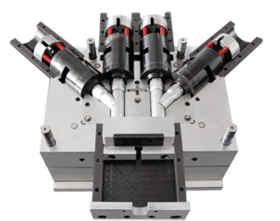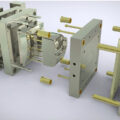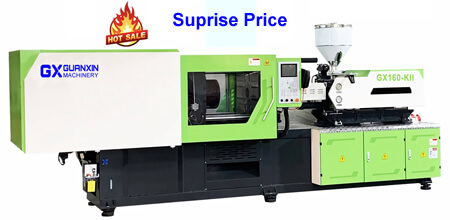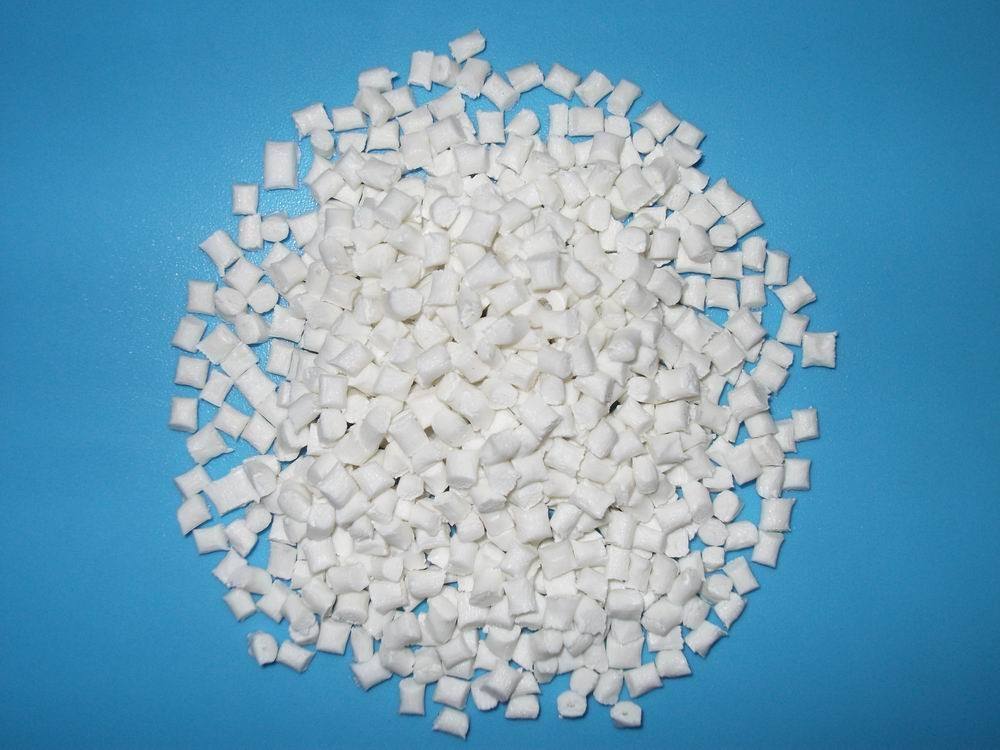
Polybutylene Terephthalate (PBT) has high strength and rigidity for a wide range of applications. PBT is one of the toughest engineering thermoplastics.
Typical Applications of Polybutylene Terephthalate (PBT)
household appliances
– food processor blades
– vacuum cleaner parts
– fans
– hairdryer housings
– coffee makers
electronics
– switches
– motor housings
– fuse cases
– key caps for computer keyboards
– connectors
– fiber optic buffer tubing
automotive
– grilles
– body panels
– wheel covers
– door components
– window components
Plastic PBT Injection Molding Processing Conditions
| Conditions Name | Value |
|---|---|
| Drying | This material is sensitive to hydrolysis at high temperatures. It is therefore important to dry the material prior to molding. Suggested drying conditions (in air) are 120°C [248°F] for 6–8 hours (or 150°C [300°F] for 2–4 hours). Moisture levels must be below 0.03%. When using a desiccant dryer, drying at 120°C [248°F] for 2.5 hours is recommended. |
| Melt Temperature | >220°C–280°C [428°F–536°F]; aim: 250°C [482°F] |
| Mold Temperature | 40°C–60°C [104°F–140°F] for unreinforced grades. For other grades, a wide range of temperatures can be used, depending on the grade (15°C–80°C [59°F–176°F]). Heat removal must be fast and uniform. Cooling channels of 12 mm diameter are recommended. |
| Material Injection Pressure | Moderate (up to maximum of 150 MPa). |
| Injection Speed | Fastest possible speeds (due to fast solidification of PBTs) |
Runners and Gates OF PBT injection mold
Full round runners are recommended to impart maximum pressure transmission. A guideline for the runner diameter is part thickness + 1.5 mm. A wide variety of gates may be used. Gate diameters should preferably be between 0.8–1.0 times the part thickness. When using circular tapered gates, the minimum recommended diameter is 0.75 mm. Hot runners may also be used, taking care to avoid drool and material degradation.
Chemical and Physical Properties of Polybutylene Terephthalate (PBT)
PBT is a polyester that is produced by the polycondensation reaction of dimethyl terephthalate an butanediol. It is a semicrystalline material and has excellent chemical resistance, mechanical strength, electrical properties (high dielectric strength and insulation resistance), and heat resistance, all of which are stable over a broad range of environmental conditions. It has very low moisture absorption.
Tensile strength ranges from 50 MPa [7,250 psi] for unfilled grades to 170 MPa [24,650 psi] for glass-reinforced grades. High levels of glass fillers make the material more brittle.
Crystallization is rapid and this could cause warpage due to non-uniform cooling. In the case of glass-filled grades, shrinkage is reduced in the flow direction, but in the cross-flow direction, it may be equal to that of the generic grade. Shrinkage is of the order of 0.015–0.028 mm/mm [1.5 -2.8%]. A 30% glass-filled material has a shrinkage range of 0.3–1.6%.
PBT melting point (approximately 225°C [437°F]) and heat distortion temperatures are lower than that of PET. The Vicat softening point is approximately 170°C [338°F]. The glass transition temperature ranges from 22°C–43°C [71°F–109°F].
The melt viscosity is fairly low and due to fast crystallization rates, cycle times are typically low.
